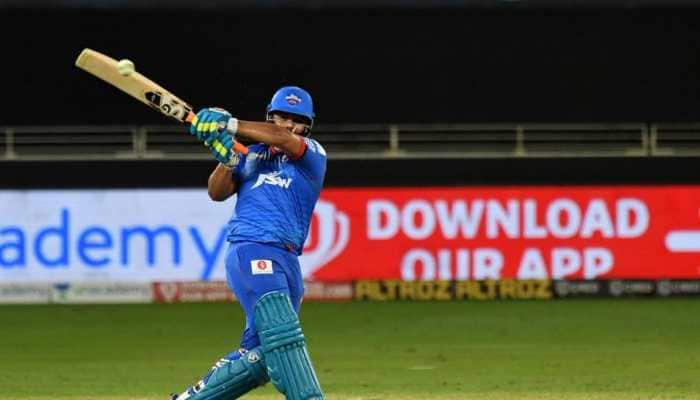India at 75: 10 landmark Supreme Court judgments that shaped today's India
Judiciary is an important organ of any government and society. The Supreme Court of India is in fact, one of the very powerful courts in the world. And on the day of independence, we will be remembering some landmark judgments that changed the course of India.
Trending Photos
)
Judiciary is an important organ of any government and society. The Supreme Court of India is in fact, one of the very powerful courts in the world. And on the day of independence, we will be remembering some landmark judgments that changed the course of India.
Let's start with the basic structure
1. Kesavananda Bharati Sripadagalavaru vs. State of Kerala,1973: In this case, the apex court held that although no part of the Constitution, including Fundamental Rights, was beyond the Parliament’s amending power, however, the “basic structure of the Constitution could not be abrogated even by a constitutional amendment.” Also popularly known as Kesavananda Bharati case (1973), it became a savior of Indian democracy and saved the Constitution from losing its spirit.
2. Right to Privacy: In the historial Puttaswamy v. Union of India case, 2017, case the Right to Privacy was declared a fundamental right by the Supreme Court.
3. Repealing Section 377 : In 2018, the apex court ruled that Section 377 was unconstitutional “in so far as it criminalises consensual sexual conduct between adults of the same sex.”
4. Maneka Gandhi vs Union of India: In 1977, the bench said that the citizens have the right to personal liberty (Article 21 of the Constitution), which is an important precedent for fundamental right cases.
5. Vishaka and State of Rajasthan (1997): The case provided definitions of sexual harassment at the workplace and guidelines to deal with it.
6. Lily Thomas and Union Of India (2013): In regard to electoral reforms, the judgement is significant part of the country. The apex court ruled that "any MP, MLA, or MLC who is convicted of a crime and sentenced to a minimum of two years in jail loses their membership in the house immediately."
7. IR Coelho Case, 2007: It held the significance of judicial review and the judiciary's powers in this regard.
8. National Legal Services Authority v. Union of India: It is a landmark judgement of the Supreme Court, which declared transgender people the 'third gender'. And also underlined that the fundamental rights granted under the Constitution will be equally applicable to them.
9. Triple Talaq Judgement (2016): A five-judge Constitution Bench has declared 3:2 that the practice of instantaneous Triple Talaq is unconstitutional.
10. Indra Sawhney & Others v. Union of India: The court in its judgement laid down that "Backward classes under Article 16(4) cannot be identified on the basis of economic criteria but the caste system also needs to be considered." Also the concept of a creamy layer was laid down and it was directed that such a creamy layer be excluded while identifying backward classes.
Right from 1950, India's judiciary has played an important role in interpreting and in protecting the Constitution.
“judiciary, thanks to its independence from state control, strikes the proper balance between the contradicting trends. That is why independence of the judiciary is an inalienable attribute in every Constitution,”
― Justice Asok Kumar Ganguly, Landmark Judgments That Changed India
Stay informed on all the latest news, real-time breaking news updates, and follow all the important headlines in india news and world News on Zee News.
Live Tv







)
)
)
)
)
)
)
)
)
)
